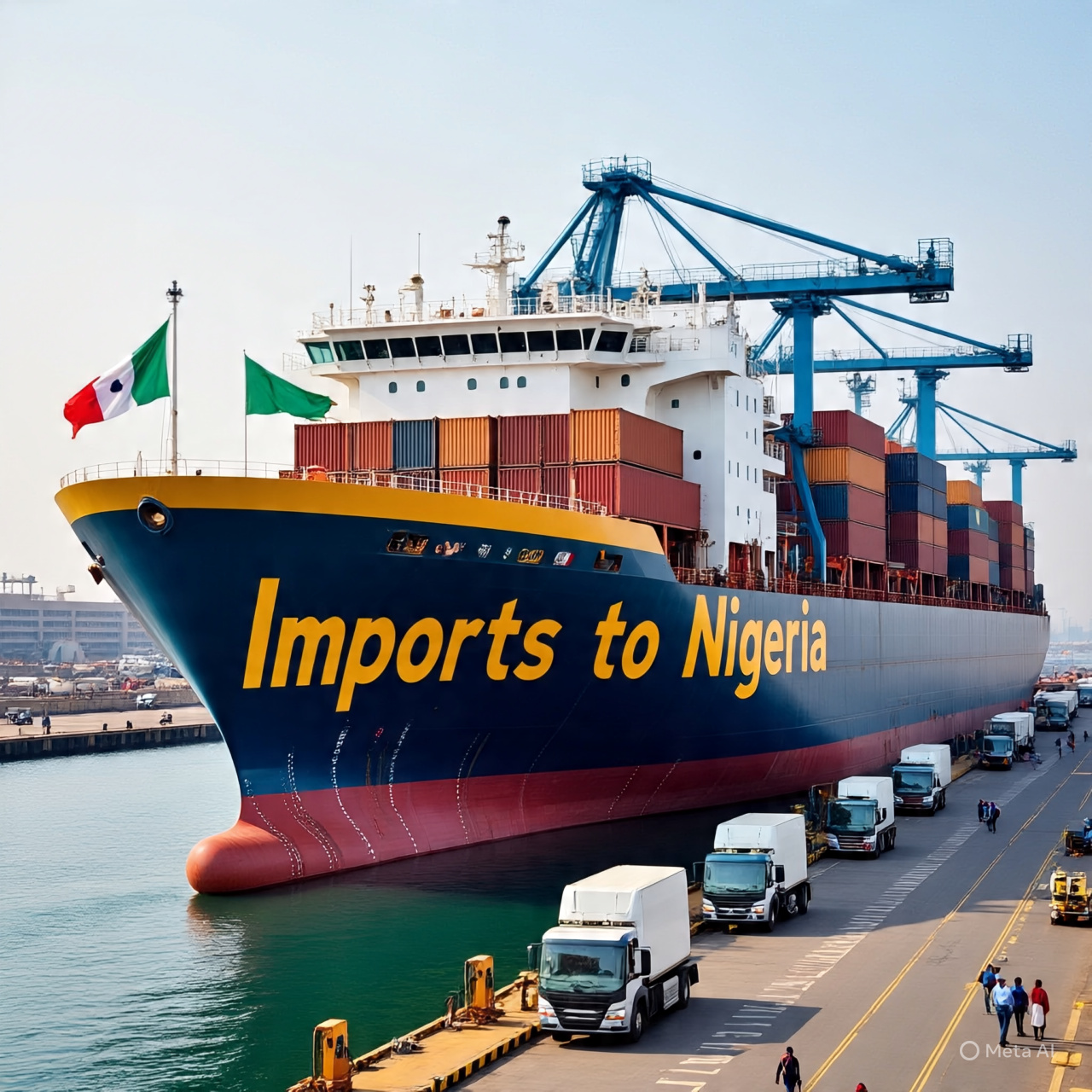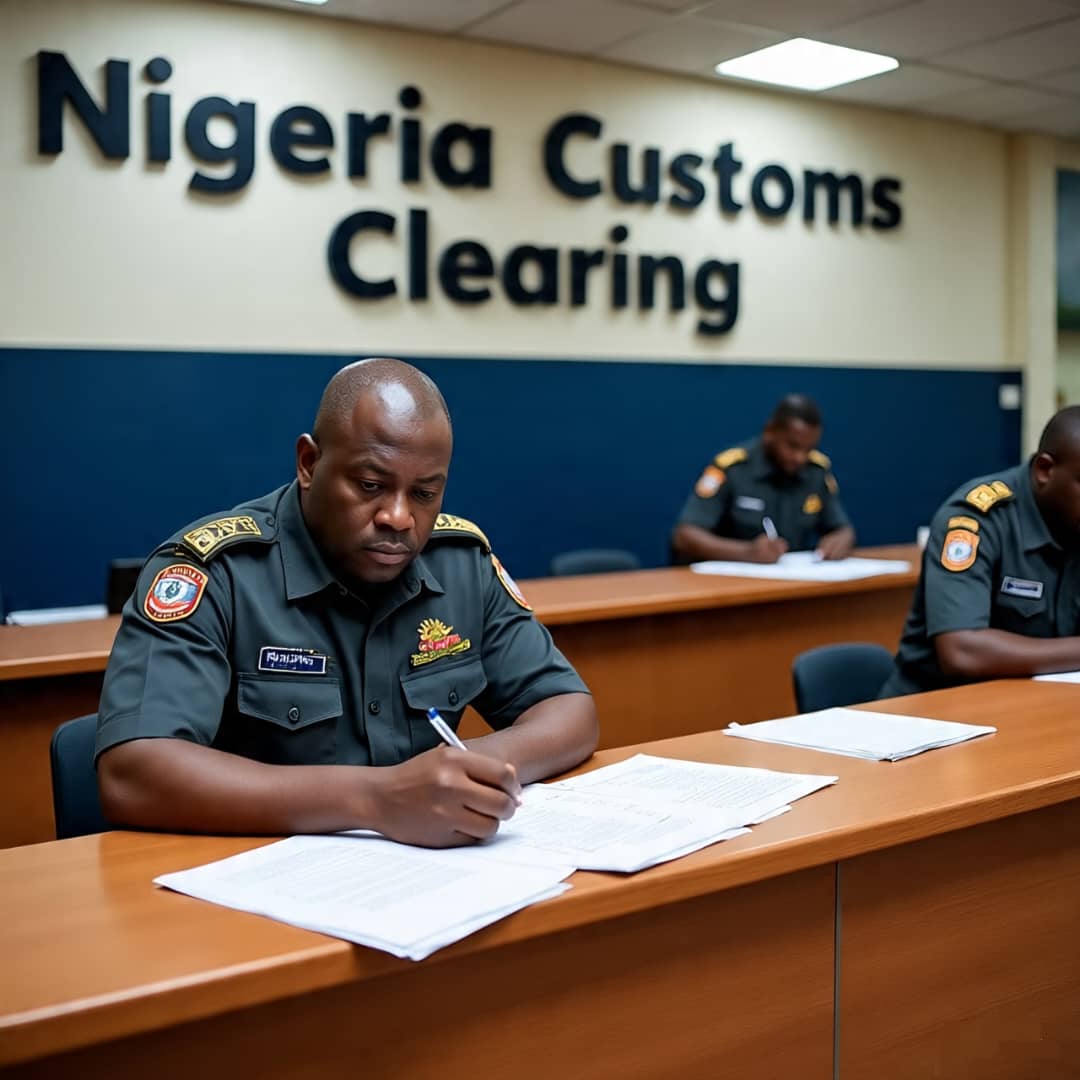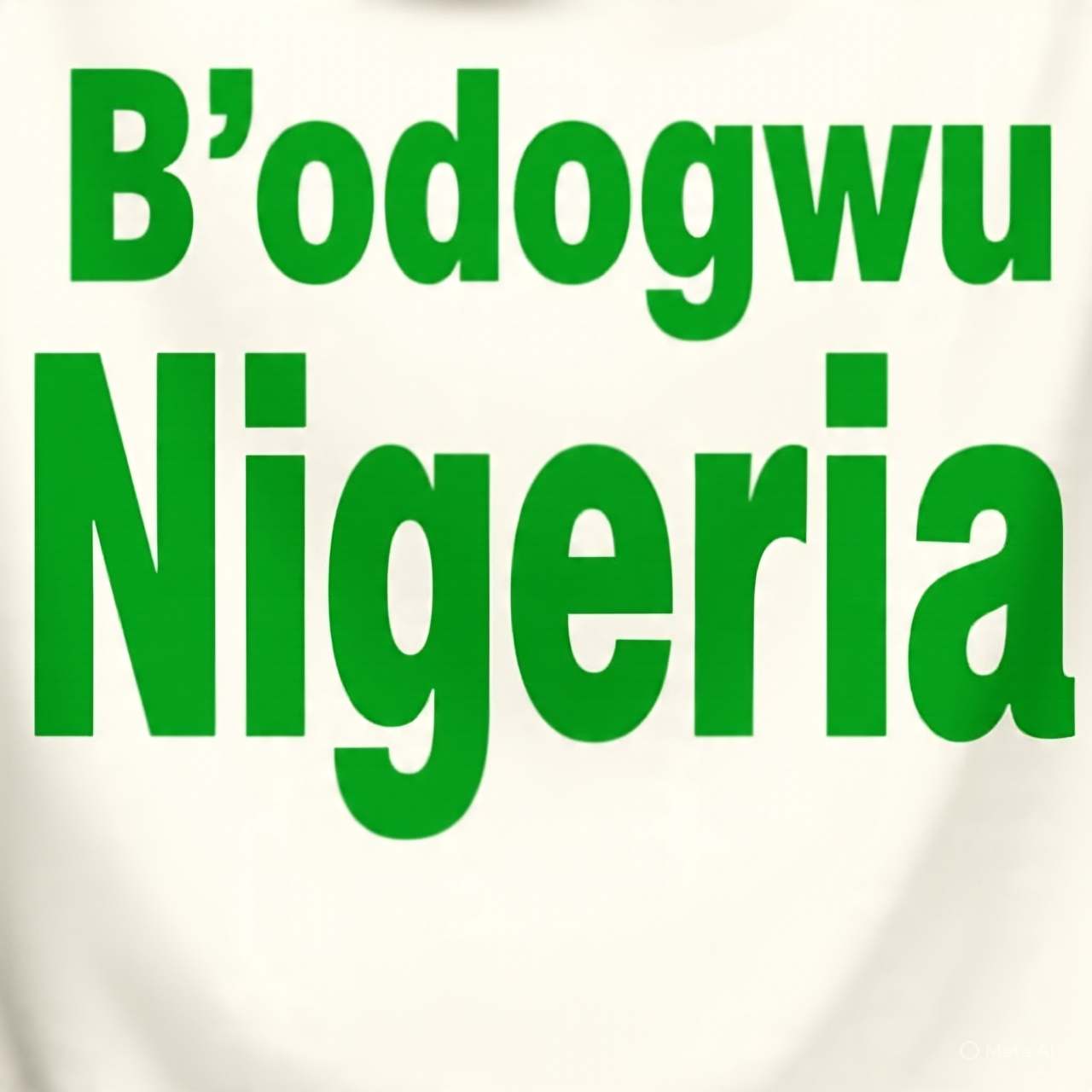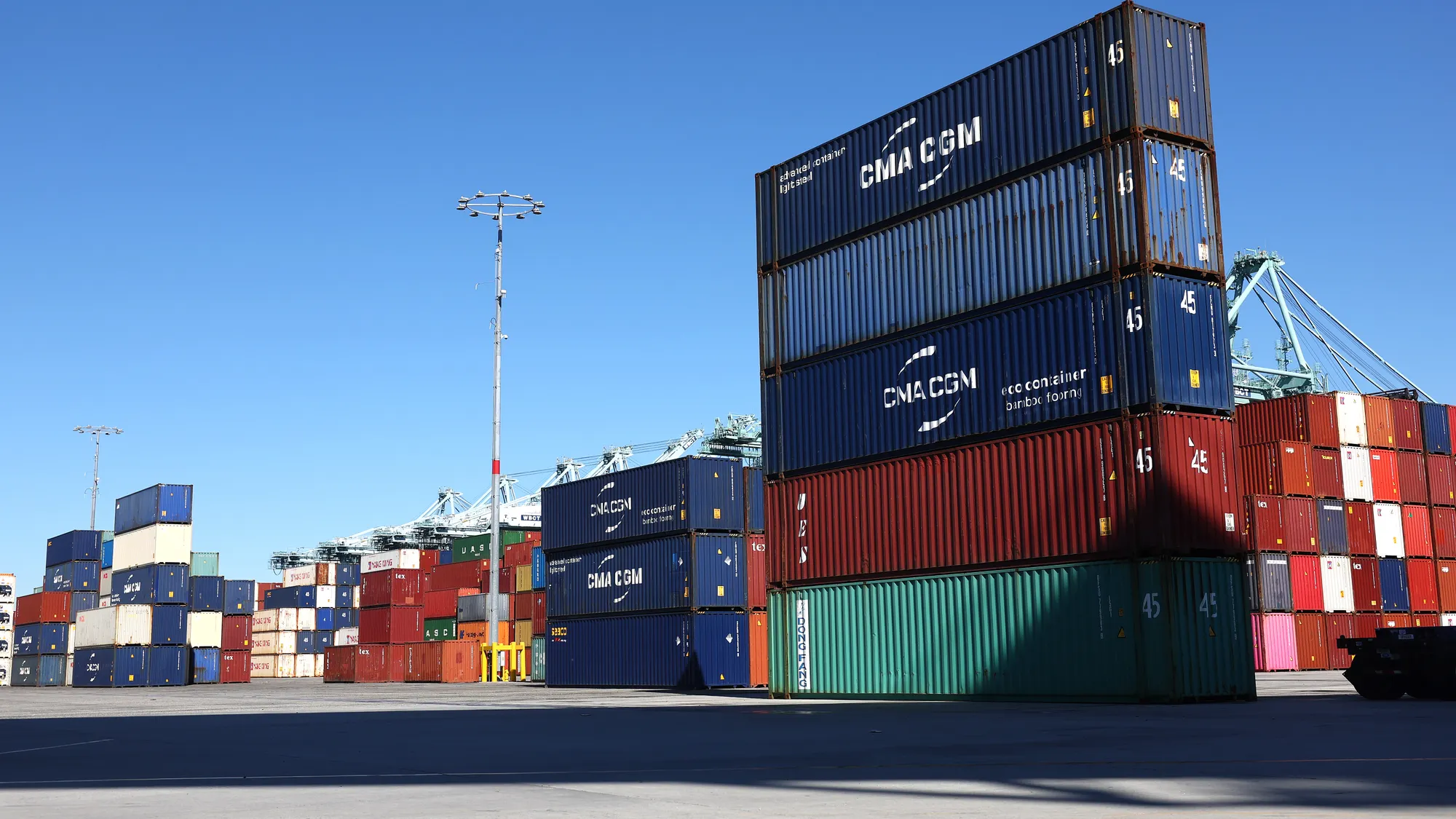
- 16, Sep 2025
- 19 Views
- 0 Comments
- export clearance, exports from Nigeria, Car importation Form M, PAAR, cheap international shipping, same-day delivery services, logistics services
IMPORTATION TO NIGERIA: ALL FREQUENTLY ASKED QUESTIONS AND ANSWERS
IMPORTS TO NIGERIA FREQUENTLY ASKED QUESTIONS AND ANSWERS
Nigeria, being one of Africa's largest economies, has a significant volume of imports to meet local demand and support its manufacturing industries. Here are some frequently asked questions and answers about imports to Nigeria.
1. What documents are required for importing goods into Nigeria?
Importing goods into Nigeria typically requires several key documents, including: commercial Invoice: Details the value and description of goods.
- Bill of Lading/Air Waybill: Receipt for shipment and contract of carriage evidence.
- Packing List: Itemizes goods' packaging.
- Certificate of Origin: Verifies goods' origin, impacting duty assessment.
- Form M: Mandatory import document processed through authorized dealer banks.
- Regulatory Certificates: Permits from agencies like NAFDAC (for food/drugs) and SON (for standards compliance via SONCAP).
2. Do I need to pay import duties when shipping to Nigeria?
Yes, import duties are typically required when importing goods into Nigeria. The rates depend on the type of goods and their value, aligning with ECOWAS Common External Tariff (CET) structures with some national adjustments.
3. How does Nigeria's customs valuation work?
Nigeria Customs Service follows WTO guidelines for customs valuation, primarily basing assessment on the transaction value (Cost, Insurance, Freight - CIF value) of imported goods. Other methods like transaction value of identical/similar goods, deductive, computed, and fall-back methods are applied hierarchically if transaction value isn't determinable.
4. What are Nigeria's import tariffs and rates?
Nigeria implements the ECOWAS CET with adjustments. Certain goods like luxury items (yachts, alcohol), tobacco, and strategic sector imports attract higher effective duties (some exceeding 70%) to protect local industries.
5. Can I track my shipment to Nigeria?
Yes, most shipping companies like Ocean Speed Company Ltd provide tracking services for shipments to Nigeria, allowing importers to monitor their cargo's and clearing status.
6. What are common challenges faced by importers in Nigeria?
Importers often face challenges like:
- Exchange Rate Fluctuations: Impacting duty calculations and costs.
- Regulatory Compliance: Adhering to NCS, NAFDAC, SON regulations.
- Customs Valuation Disputes: Ensuring accurate valuation to avoid duty issues.
- Documentation Accuracy: Errors can lead to clearance delays.
7. How has B'Odogwu impacted imports to Nigeria?
B'Odogwu, Nigeria's Unified Customs Management System, aims to streamline customs processes, enhance transparency, and reduce clearance times. It integrates Form M processing and Pre-Arrival Assessment Reports (PAAR), promoting efficiency.
8. Are there specific regulations for dual-use IT goods imports?
Dual-use IT goods imports require compliance with regulations, including obtaining necessary licenses/permits from agencies like NEPC or Federal Ministry of Industry, Trade, and Investment, and adhering to NITDA rules for certain IT products.
9. How do exchange rates affect import duties in Nigeria?
The Nigeria Customs Service uses prevailing exchange rates for duty calculations, meaning fluctuations can significantly impact import costs. The floating exchange rate regime has led to changes in duty payable calculations.
10. What steps are involved in the import process in Nigeria?
Key steps include:
- Company Registration: Incorporation in Nigeria.
- Obtaining Regulatory Certificates: Like Product Certificates for regulated items.
- Form M Processing: Via authorized banks and platforms like B'Odogwu.
- Customs Clearance: Through NCS procedures involving valuation, duty payment.
11. Where do I begin my import process to Nigeria?
To start importing to Nigeria:
- Determine Import Eligibility: Check if goods are permissible under Nigerian regulations.
- Register with Relevant Authorities: Business registration (incorporation) is typically required; sole proprietorships or companies are common vehicles.
- Obtain Necessary Licenses/Permits: Depending on goods (e.g., NAFDAC for food/drugs, SON etc..
12. Can I import goods to Nigeria as an individual or must I use a company?
- Individuals: Can import goods, particularly for personal use, but commercial imports often require a registered business entity.
- Companies: Common for commercial importing; provides structure for compliance with regulations like tax (TIN requirements).
- Clearing Agents: Importers often engage licensed customs clearing agents like Ocean Speed Company Ltd for handling customs processes.
13. What are the key regulatory agencies impacting imports to Nigeria?
- Nigeria Customs Service (NCS): Oversees customs clearance, duties.
- Standards Organization of Nigeria (SON): Standards compliance via SONCAP for certain goods.
- National Agency for Food and Drug Administration and Control (NAFDAC): Regulates food, drugs, cosmetics imports.
- Central Bank of Nigeria (CBN): Involved in foreign exchange for payments.
14. How do I obtain Form M for importing into Nigeria?
- Authorized Dealer Banks: Form M is processed through banks authorized for foreign exchange transactions.
- B'Odogwu Platform: Integration of Form M processing via Nigeria's Unified Customs Management System (UCMS/B'Odogwu) aims for streamlined documentation.
- Ocean Speed Company Ltd helps individuals and importers with Form M and PAAR processing.
15. What are common import duties and charges in Nigeria?
- Customs Duties: Based on ECOWAS Common External Tariff (CET) with some national adjustments.
- Import Duty Rates: Vary by product; some goods attract higher duties for protection (e.g., certain luxury, tobacco products).
- Other Charges: May include port charges, handling fees, clearing agent fees.
16. Can goods be cleared pre-arrival in Nigeria?
- Pre-Arrival Assessment Report (PAAR): B'Odogwu facilitates PAAR for pre-arrival clearance processes, aiming to reduce congestion.
- Benefits: Can expedite clearance if documentation compliant.
17. What currency is used for paying import duties in Nigeria?
- Naira (NGN): Duties are typically payable in local currency; exchange rates applied for conversions.
- Exchange Rate Considerations: Fluctuations impact costs; NCS uses prevailing rates for calculations.
18. Are there restrictions on importing certain goods into Nigeria?
- Prohibited Items: Nigeria restricts/bans certain goods like used clothing (some categories), narcotics, pornography.
- Regulated Goods: Products like pharmaceuticals (NAFDAC), electronics need compliance checks.
19. How long does customs clearance take in Nigeria?
- Varied: Clearance times can depend on documentation completeness, inspections, cargo type. However, with the help of Ocean Speed Company Ltd customs clearance and releasing of cargos from the ports can take as fast as 3 to 5 days
- B'Odogwu Impact: Aims for faster clearance; reports indicate reductions in clearance times at ports like Apapa, Tin Can Island.
20. Do I need a clearing agent for imports to Nigeria?
- Recommended: Licensed clearing agents like Ocean Speed Company Ltd often handle customs processes for importers.
- Expertise: Agents like Ocean Speed Company Ltd navigate regulations, documentation for efficient clearance.
21. What are consequences of non-compliance with Nigeria import regulations?
- Delays and Penalties: Non-compliance can lead to delays, fines, seizures.
- Regulatory Actions: NCS and other agencies enforce compliance.
In conclusion, feel free to ask us any question that’s on your mind, and we will do our best to answer all based on our experience and expertise. Unlike many others, we really believe that a well-informed client is much easier to work with.
Recent Posts
Tags
Our Address
- 31A Commercial Road, Apapa, Lagos, Nigeria.
- A188, Guotai Commercial City, No. 2 Zoumagang Road,
Sanyuanli Street, Baiyun District, Guangzhou, China.
(地址:广州市白云区三元里街走马岗路2号国太商贸城A188档。) - Call : +234 90 1089 2321
WhatsApp : +2348035988240 - Email : info@oceanspeedcompany.ng
Web : www.oceanspeedcompany.ng - Mon - Sat: 8AM - 7PM






